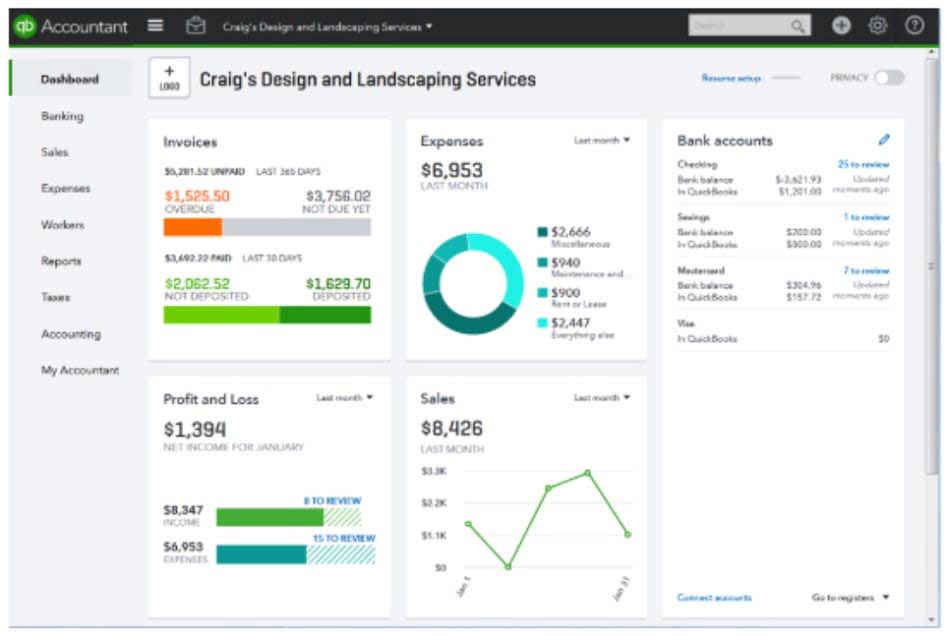
If approved for the program, you will borrow money from the State of Oregon to pay your county property taxes. The tobacco tax is levied in most states to discourage the number QuickBooks of people buying cigarettes. Cigars are taxed at 65% on wholesalers’ cost, but never exceeding $1.00 per cigar. The tax rates for chewing tobacco and smoking tobacco are also 65% on the whole seller’s cost. There are a number of other taxes that a state can charge and Oregon is no different. The state charges taxes on inheritance, tobacco, gasoline and alcohol.
- A financial advisor can help you understand how taxes fit into your overall financial goals.
- Head over to the Federal income tax brackets page to learn about the Federal Income Tax, which applies in all states nationwide.
- The first thing to know about the state of Oregon’s tax system is that it includes no sales tax.
- Use these free tax calculator tools and get immediate answers to many of your personal tax questions.
Filing Information and Guidance

Surtaxes are typically enacted to fund a specific program or initiative, whereas revenue from broader-based taxes, like the individual oregon state income tax rate income tax, typically cover a multitude of programs and services. On corporations with taxable incomeTaxable income is the amount of income subject to tax, after deductions and exemptions. For both individuals and corporations, taxable income differs from—and is less than—gross income.

Tax brackets for Oregon
When calculating personal income taxes, Oregon relies heavily on the federal income tax structure. Oregon taxable income is equal to federal taxable income, with a limited number of additions and subtractions. The most common additions are for income taxes paid to other states and interest income from the government bonds of other states.

Bets on Legal Sports Markets Pay Off Big for States, Sportsbooks, and Consumers
Remember that Oregon may have very different deduction laws from the Federal Income Tax, so you may have to write a whole new list of deductions for your Oregon income tax return. Keep in mind that this estimator assumes all income is from wages, assumes the standard deduction, and does not account for tax credits. There is state-level exemptions for all type of filers and dependents.
- You may qualify for itemized deductions if the total amount is greater than what you’d receive from the current standard deduction.
- There are taxes levied on alcohol in an effort for states to raise capital and encourage individuals to lower their overall consumption.
- This replaces a 2018 surtax imposed on corporations with incomes above $1 million dollars, which expired at the end of 2023.
- Tax deductions are a reduction in the amount of income that is subject to taxation.
- The Income tax rates and personal allowances in Oregon are updated annually with new tax tables published for Resident and Non-resident taxpayers.
- Income tax deductions are expenses that can be deducted from your gross pre-tax income.
- While there are many ways to show how much state governments collect in taxes, the Index evaluates how well states structure their tax systems and provides a road map for improvement.
State income tax brackets

If you are married and filing separately, you won’t qualify for this credit. You can deduct the amount of these expenses that exceeds 7.5% of your federal adjusted gross income (AGI). You may qualify for itemized deductions if the total amount is greater than what you’d receive from the current standard deduction. Oregon doesn’t allow married people filing separately to take the standard deduction if their spouse has chosen to itemize their deductions. Once you’ve filed your tax return, all you have to do is wait Accounting for Churches for your refund to arrive.

.jpg)
.jpg)
.jpg)